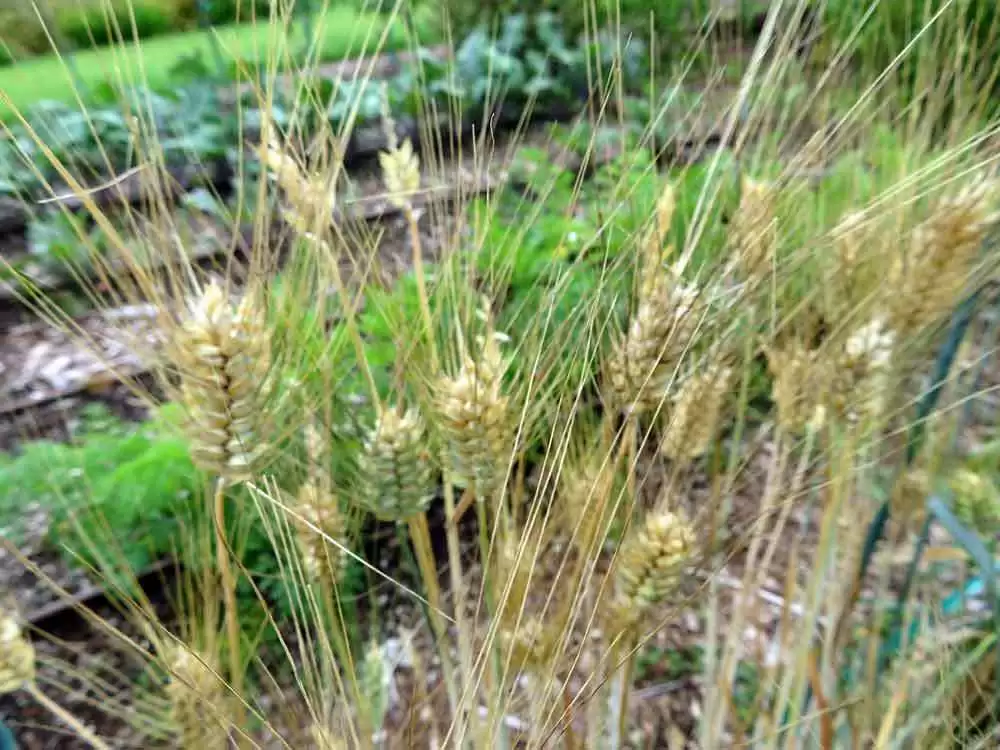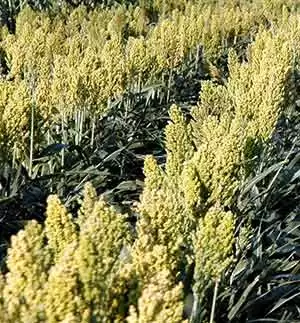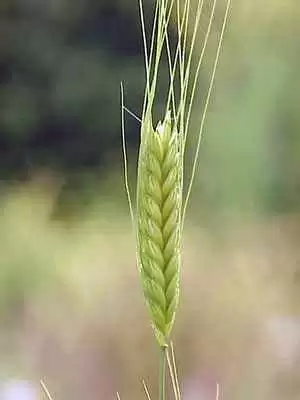
Scand J Gastroenterol. 2006 Nov;41(11):1305-11.
Lack of intestinal mucosal toxicity of Triticum monococcum in celiac
disease patients.
Pizzuti D, Buda A, DOdorico A, DInca R, Chiarelli S, Curioni A, Martines D.
Note: Celiac.com strongly advises against celiacs including these grains in their diet until more testing and research is done to verify their safety.
Celiac.com Sponsor (A12):
Einkorn Breadmaking Sites:
Cereal Chem. 73 (2):208-214
Breadmaking Quality of Einkorn Wheat (Triticum monococcum ssp. monococcum).
http://www.aaccnet.org/cerealchemistry/backissues/1996/73_208.pdf
Cereal Chem. 76 (5): Pub. no. C-1999-0804-01R
Einkorn Characterization for Bread and Cookie Production in Relation to
Protein Subunit Composition.
http://www.aaccnet.org/cerealchemistry/abstracts/1999/0804-01r.asp








Recommended Comments